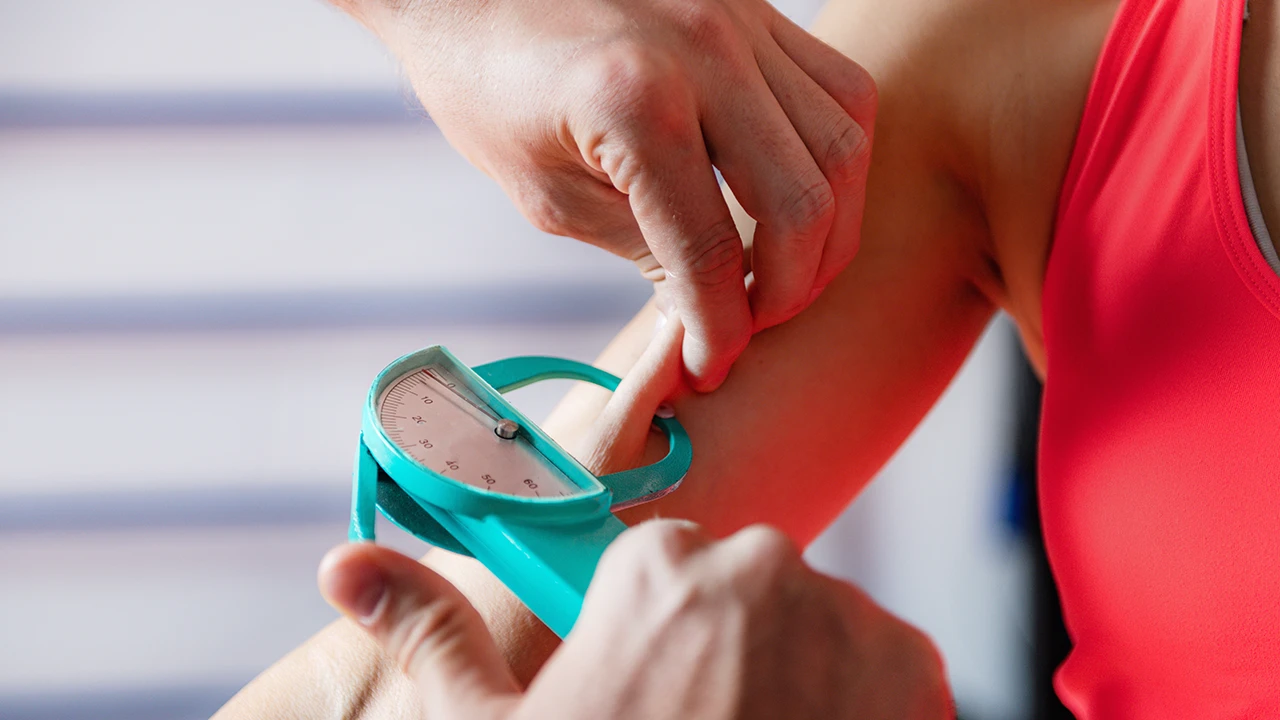Embarking on a fitness journey to lose weight and achieve a healthier, more energetic body is a common goal. However, for many individuals, inadvertently losing muscle instead of burning fat can be a demotivating setback. If you find yourself facing this issue, understanding the reasons behind it is crucial to take the necessary steps in your workout routine and nutrition plan without losing your courage. Let’s explore together the reasons that might lead to a decrease in muscle mass instead of fat and discover ways to prevent muscle loss.
Inadequate Protein Intake
Insufficient protein intake stands out as one of the primary reasons for muscle loss. Protein is a vital building block for muscle repair and growth, and its deficiency can result in muscle breakdown. To prevent muscle loss, add quality protein sources like lean meat, dairy, eggs, fish, legumes, and quinoa to your nutrition routine. For snacks, you can go for high protein options like Muscle Cheff Protein Chips and Chocolates. Gaining a healthy amount of protein based on your body weight and activity level will assist you in achieving consistent results.
Overloading on Cardio Workouts
Cardiovascular exercises are essential for overall health and calorie burning. However, excessive cardio without resistance training, especially when your calorie intake is low, can lead the body to use muscles for energy, causing muscle loss. To counteract this, strike a balance between cardio and resistance training, supporting cardio exercises with strength-building exercises that target different muscle groups.
Excessive Caloric Deficit
While creating a caloric deficit is crucial for fat loss, extremely low-calorie diets can force the body to derive energy from muscles, leading to muscle loss. To maintain a moderate caloric deficit, gradually reduce your calorie intake. Consult with a nutritionist or dietitian for a suitable and balanced caloric intake that supports fat loss while preserving muscle mass.
Inadequate Hydration
Adequate hydration is essential for overall health, and its deficiency can negatively impact muscle function, leading to cramps, weakness, and delayed post-workout recovery. Prioritize hydration by consuming enough water throughout the day, especially during exercise. Consider including electrolyte-rich beverages in your routine, particularly during intense physical activity, to optimize fluid intake.
In conclusion, losing muscle instead of fat is a common challenge on the path to a healthy lifestyle, but with strategic adjustments, it can be overcome. By prioritizing protein intake, finding a balance between cardio and strength training, adopting a gradual approach to caloric deficits, and ensuring proper fluid intake, you can optimize your fitness journey. Remember, consistent and holistic practices are the key to achieving lasting success in overall health and fitness.

